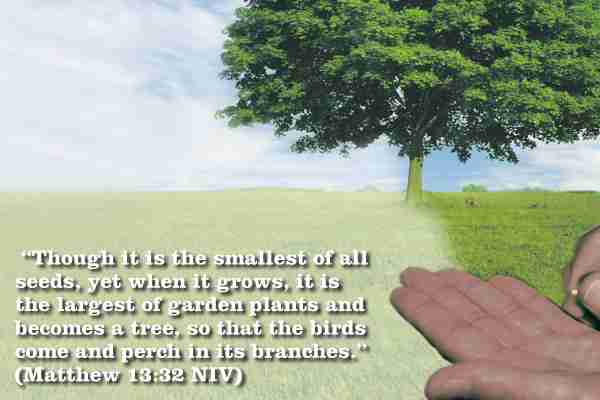My grandmother was a quilt maker. Her quilts were beautiful, made of sturdy material that could keep you warm. She spent a lot of time and effort weaving quality fabrics into beautiful mosaics with artistic flair. Her quilts made you want to wrap yourself up and get swallowed in them.
Granny was particularly sensitive about her choice of fabrics. Her habit was to save every piece of material she thought might be useful one day for future quilt making.
You ever wonder why some people go to church? Could it be to do quilting? Some, I believe, come to hold their life quilts together. Others go to pull the pieces of their life quilts together. Others go to find the needed pieces of life’s fabric to create or repair their quilts. Admittedly, others go out of tradition, but regardless of why, all do some form of quilt work there.
Granny’s quilt making was a parable to me. Because one could see great life lessons in her choices: Instinctively she knew when a fabric was good for quilting. Her ability to quickly identify ‘good fabric’ from ‘bad fabric’ was a great gift.
The Parable of the Mustard Seed is like a small piece of quilt material, meant to be looked at, studied and kept. In the parable, Jesus takes a small seed as a piece of material. He uses it to teach the power of small beginnings.
Our lives in God’s kingdom are like quilts, often pieced together by a series — broken fragments, broken dreams, broken promises, full of broken people, often with broken hearts!
The work of the Gospel, too, at first is small, like a grain of mustard-seed, which is the smallest of all seeds, but grows into a mighty bush. The kingdom of God is like a piece of fabric, coming into our lives in fragments, helping us establish better spiritual lives in a broken world. This is actually the work of God’s “grace”.
Growing grace is strong grace! As a noun grace means “elegance or refinement of movement, courteous and attractively polite manner of behaving.” In Christian belief, “Grace is the free unmerited favor of God, as manifested in the salvation of sinners and the bestowal of blessings.”
In our hearts, often we can tell which scraps of materials should be saved and used in our future quilt making. Some dreams, promises, places, and people, we know as soon as we dream or see them, are not worth the effort. Their material makeup is too weak, too flimsy, or too stylish to be of substance in our quilt of life.
One point to bear in mind is while the mustard seed is small, it is still a seed, and its disposition is to grow. Grace is always growing and gaining ground, shining more and more in our lives.
God’s grace is intriguing. Like pieces of quilt fabric ‘grace’ grows and attracts more blessings and more people particularly when we’re on what God calls the path of righteousness for His name’s sake.
So how does God weave the quilt of the future? First, He causes one to know, it is He who creates the quilt pieces. Granny’s quilting instincts and actions quickened my spirit, and increased my knowledge about which things and people would be useful in the future.
Faith in her correct decision-making about fabrics and colors was fascinating to me. When I compare it to working with people, places and things, her love of quality, color and beauty seemed to inflame both her and my creativity.
The church, too, is like a quilt made up of a beautiful mosaic of people— with broken dreams, broken promises, broken lives, and people who often come to it with broken hearts.
The church as a mustard tree is a place where God’s fowl of the air can come to lodge. God’s birds of the air come to it to be fed, to rest, to find shade from the heat of a broken and hot world. We all come to find shelter from our storms of life, and to weave the quilts of our future.
The Rev. Dr. R. Joaquin Willis is pastor of the Church of the Open Door UCC in Miami’s Liberty City community. He may be reached at 305-759-0373 or pastor@churchoftheopendoormiami.org













No Comment